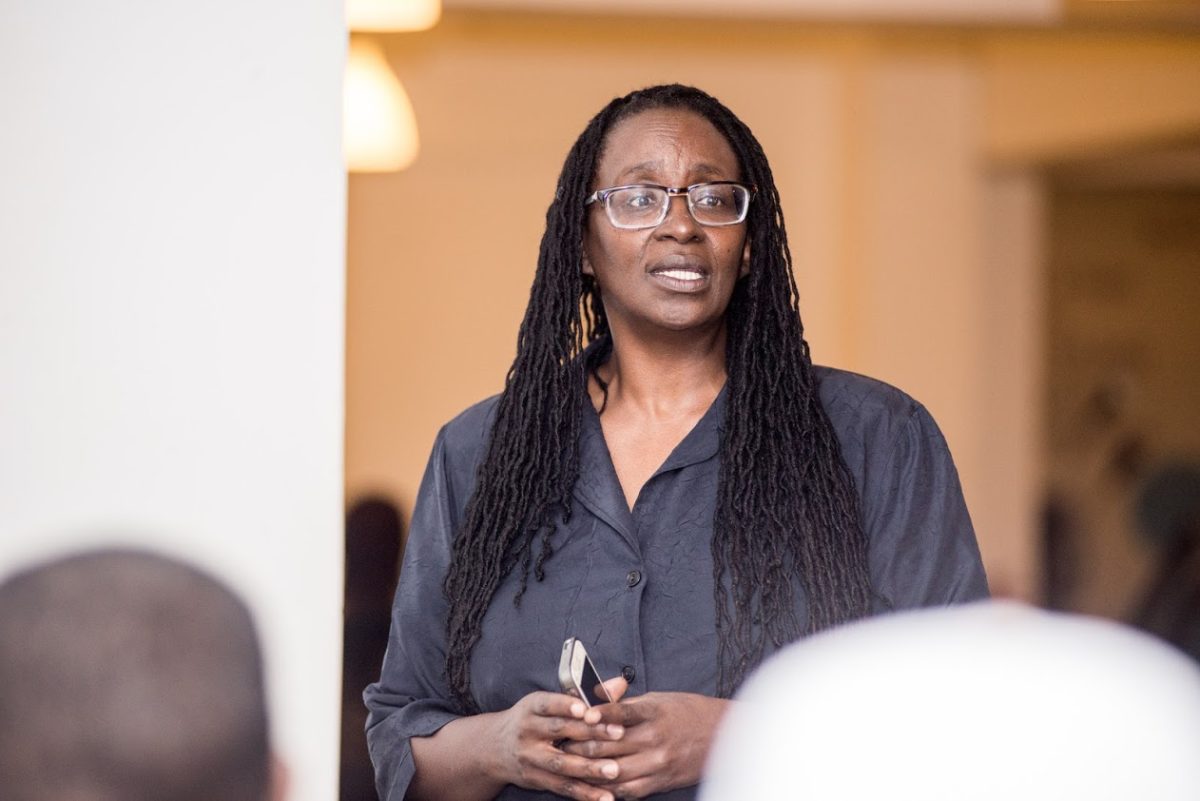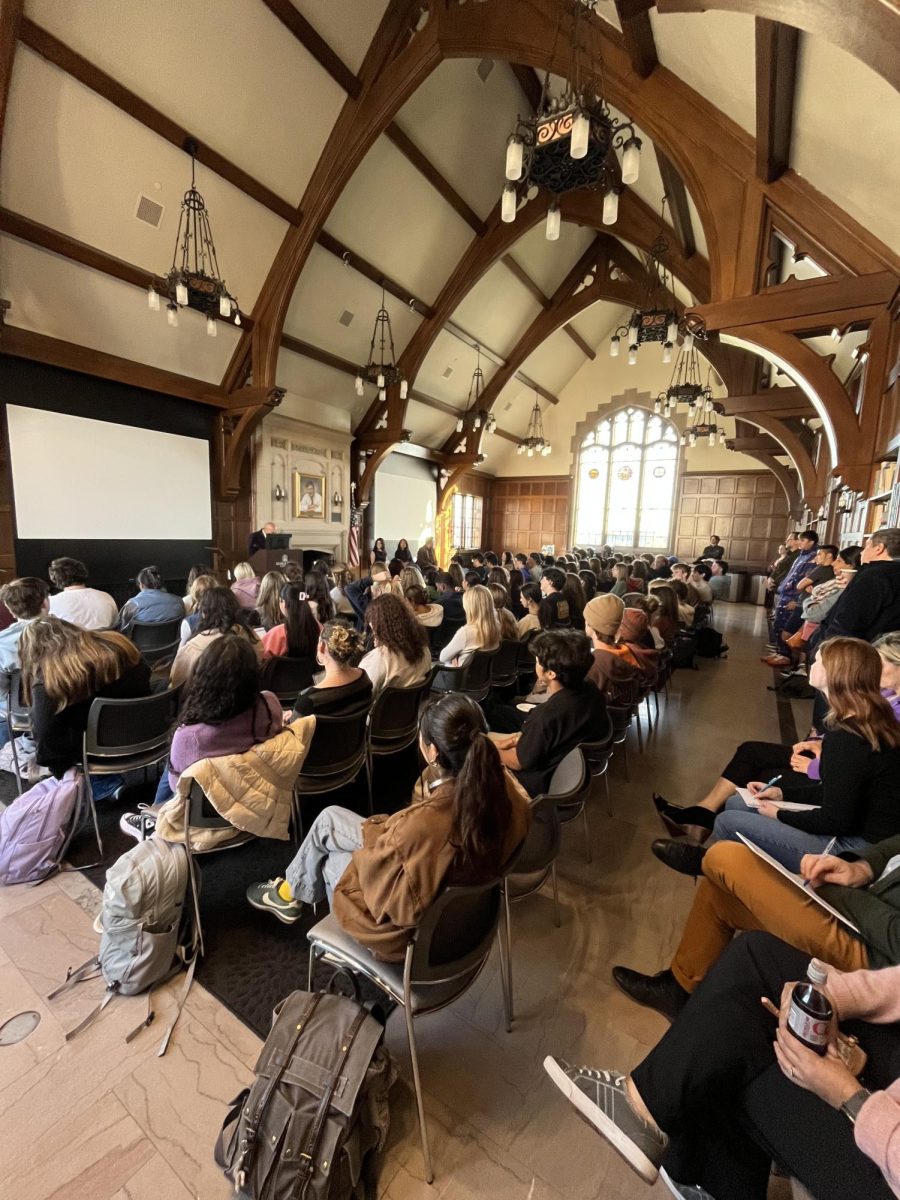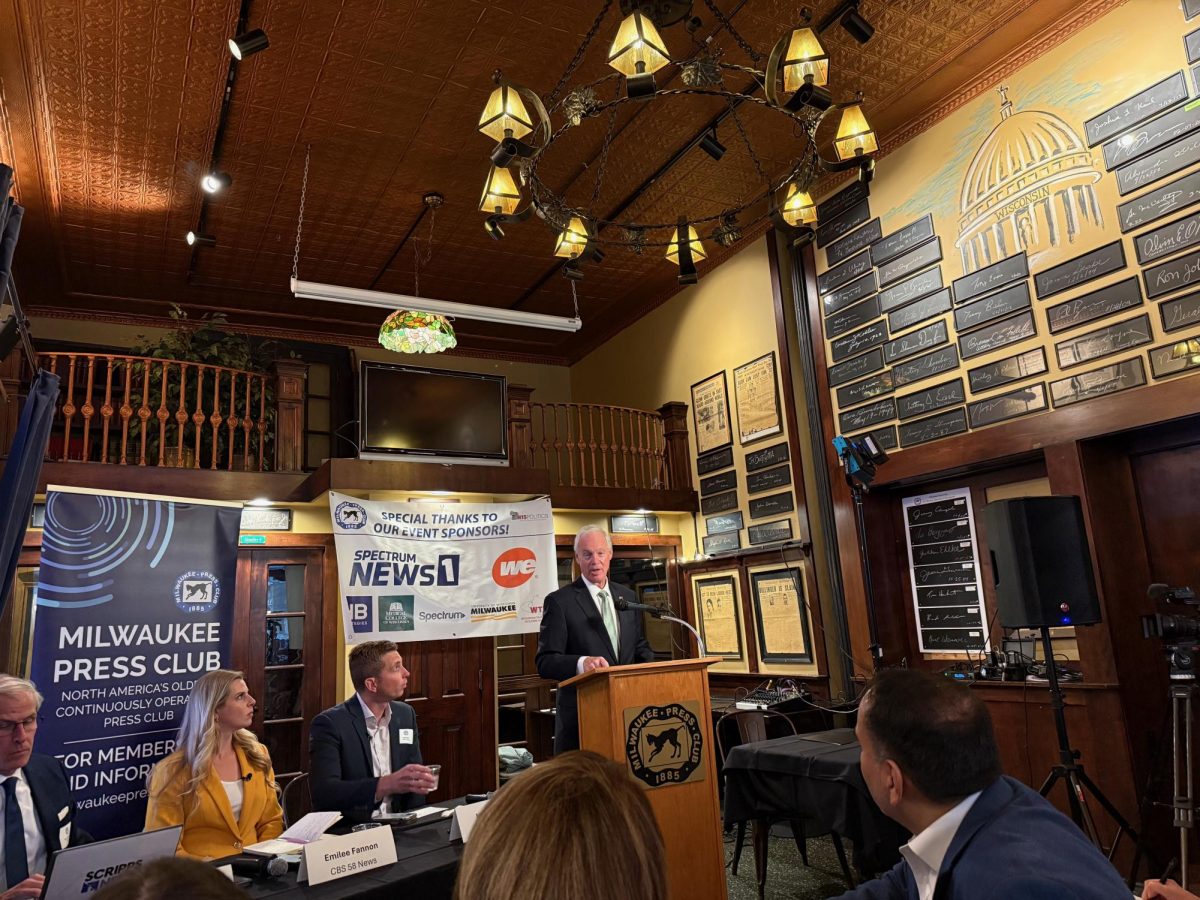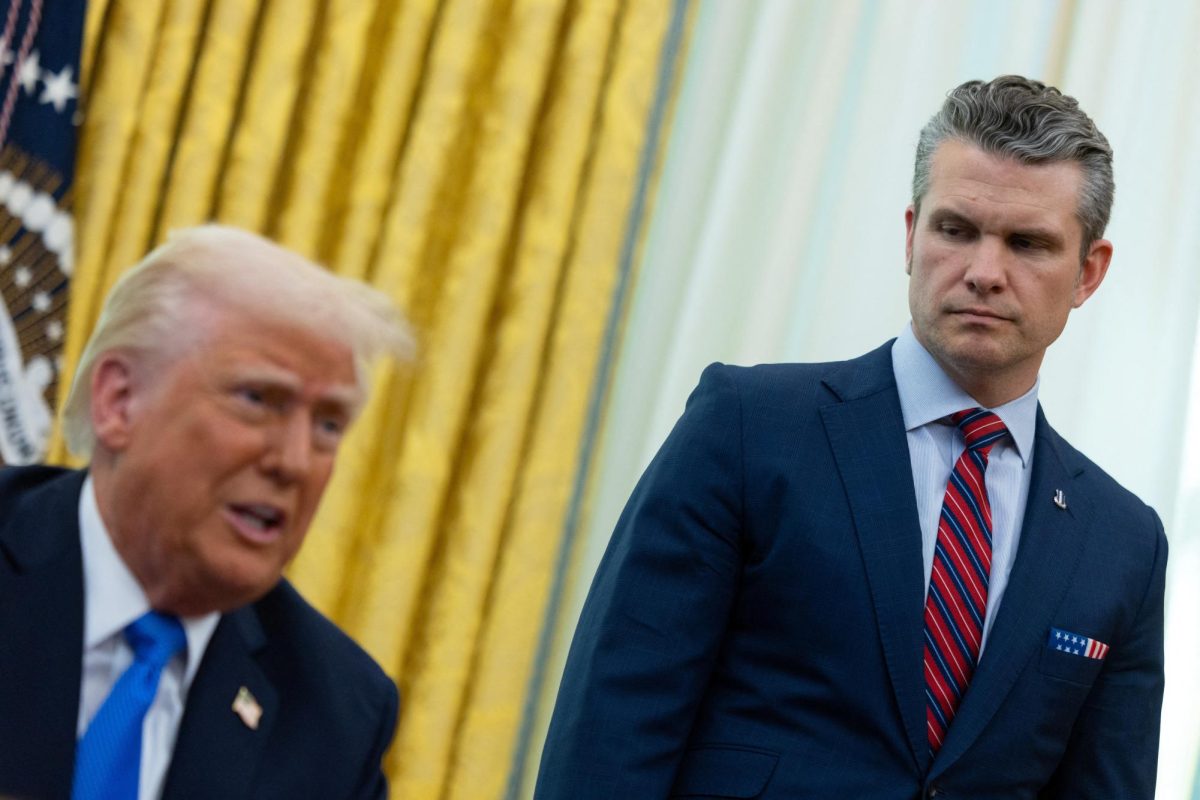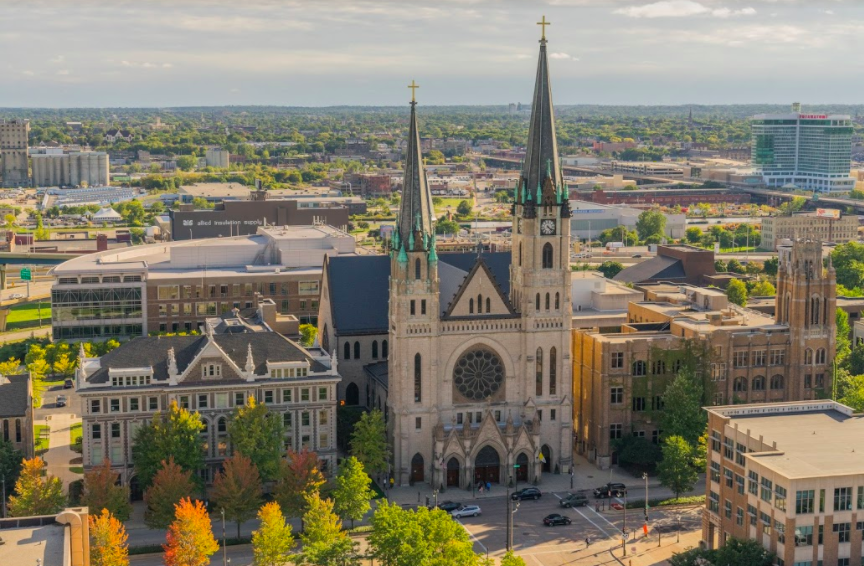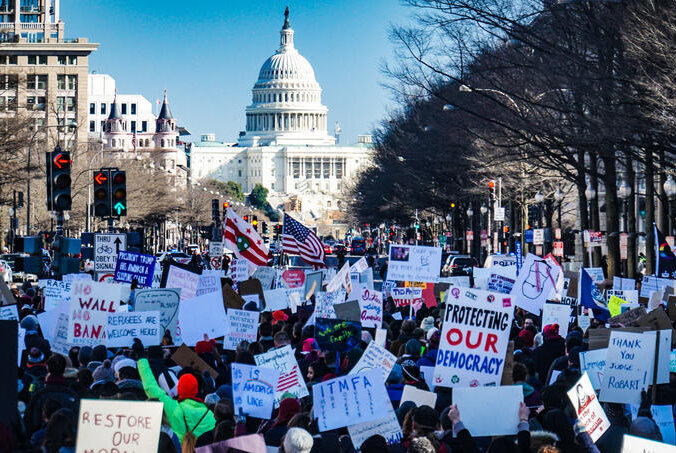White House Press Secretary Karoline Leavitt announced Feb. 25 that moving forward her team will choose which news organizations and reporters are allowed in the press pool.
This decision is a break from how the press pool has historically functioned. Reporters covet spots in the pool because those in it hold the privilege of being close to President Donald Trump and asking him questions. These journalists then share details of the events to the rest of the public and the press, who then use footage and photos acquired by those in the press pool.
However, at this time it is still unclear which media outlets will be privy to the press pool, and if those who are not will fight the decision.
The press pool was introduced during Dwight D. Eisenhower’s presidency. The White House Correspondents’ Association, a private organization, had previously decided which outlets are a part of the press pool.
The WHCA said they advocated for all of their members of the press so that they could convey an accurate impression of the White House to the rest of the nation. The WHCA’s website says they are comprised of hundreds of members from print, television, radio and online journalism which reaches the United States and a global audience.
In response to Leavitt’s statements, Eugene Daniels, president of the WHCA, said this decision threatens free press in the United States.
“It suggests the government will choose the journalists who cover the president,” Daniels said in a statement. “In a free country, leaders must not be able to choose their own press corps.”
Several news organizations have spoken out about the potential ramifications of this decision.
The Associated Press, Bloomberg News and Reuters published a statement about their intentions to produce accurate information to the public and how this is potentially threatened by the changes to the press pool.
“We believe that any steps by the government to limit the number of wire services with access to the President threatens that principle. It also harms the spread of reliable information to people, communities, businesses and global financial markets that heavily depend on our reporting,” The outlets said in a statement.
Leavitt said she is looking to invite more independent sources and create a wider variety of people allowed to cover the president. She said this change would create a more equitable news environment.
“A select group of D.C.-based journalists should no longer have a monopoly over the privilege of press access at the White House. All journalists, outlets and voices deserve a seat at this highly coveted table,” Leavitt said.
This decision comes on the tail of Trump barring the Associated Press access from the Oval Office and Air Force One after they refused to change their style and acknowledge Trump’s renaming of the Gulf of Mexico to the “Gulf of America.”
Barring the Associated Press, as well as the changes to the press pool, both come after a slew of negative comments Trump has made about the validity of the press.
This story was written by Ruby Mulvaney. She can be reached at ruby.mulvaney@marquette.edu.




